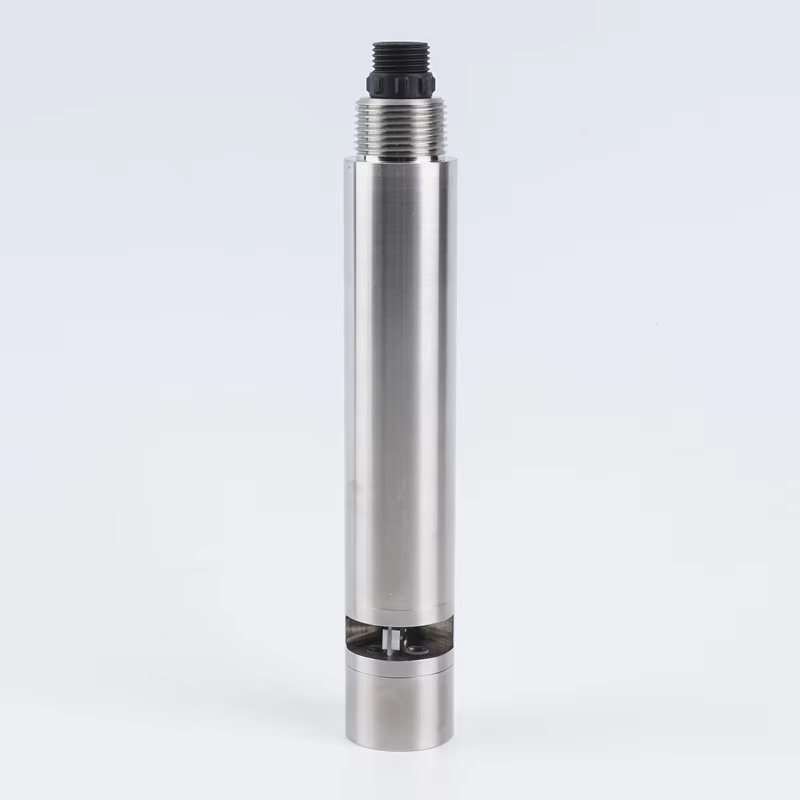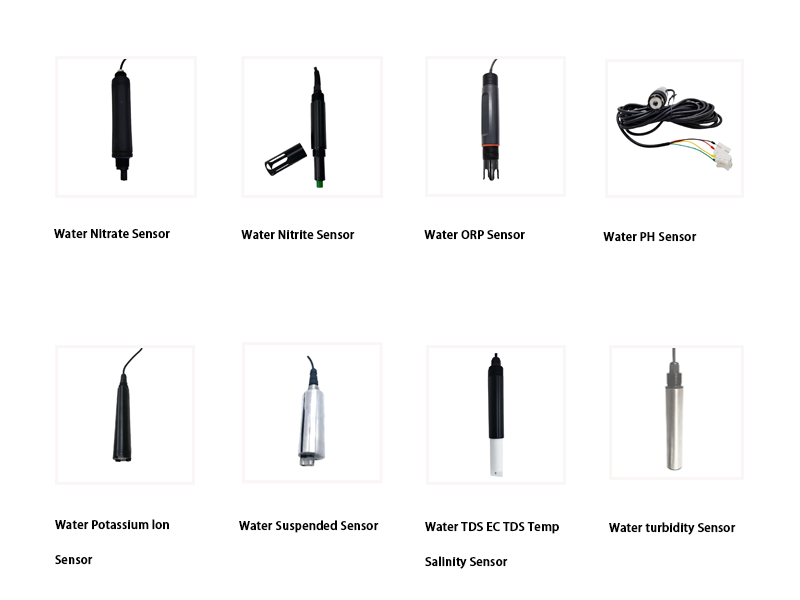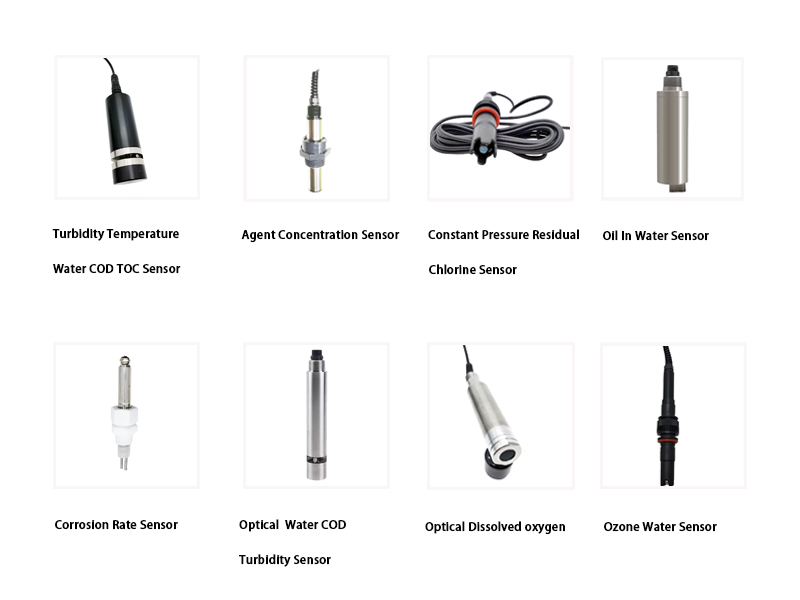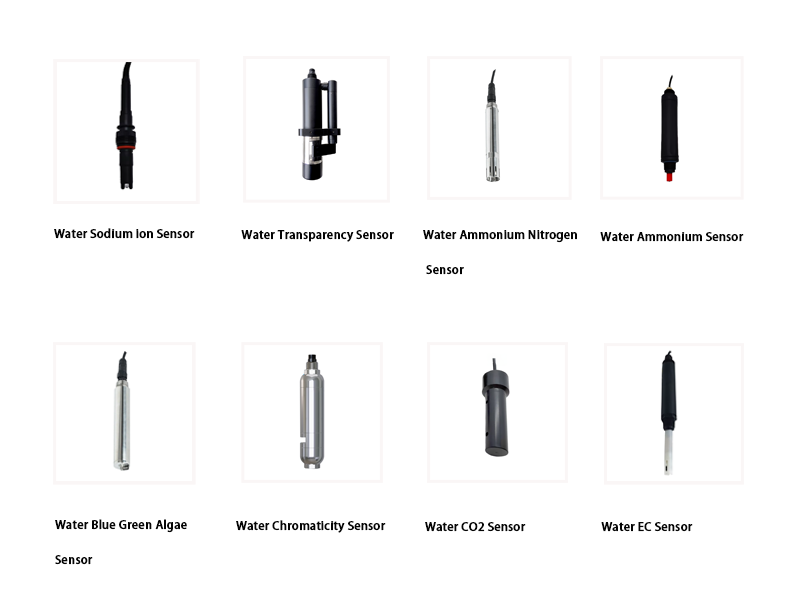Disembala 11, 2024 –Posachedwapa dziko la Malaysia lakhazikitsa zida zatsopano zoyezera madzi kuti ziwongolere kuyang'anira ubwino wa madzi m'madera osiyanasiyana mdzikolo. Zidazi, zomwe zimapangidwa kuti zizindikire zinthu zolimba zomwe zapachikidwa m'madzi, zikupereka deta yofunika kwambiri kuti zithandize akuluakulu aboma kuyang'anira bwino ndikuteteza madzi.
Kuyang'anira Ubwino wa Madzi Bwino
Kuwunika ubwino wa madzi kwakhala kofunika kwambiri padziko lonse lapansi, chifukwa nkhawa ikukulirakulira pa kuipitsidwa kwa madzi ndi kusintha kwa nyengo. Ku Malaysia, kuyeza kuchuluka kwa madzi m'madzi ndi chimodzi mwa zinthu zofunika kwambiri zomwe zimagwiritsidwa ntchito poyesa ubwino wa madzi, chifukwa kuchuluka kwa madzi m'madzi kumatha kusonyeza kuipitsidwa kapena kusungunuka kwa nthaka.
Masensa atsopanowa, omwe amagwiritsa ntchito ukadaulo wapamwamba wa kuwala, amapereka muyeso wolondola komanso weniweni wa kuchuluka kwa madzi, zomwe zimathandiza akuluakulu a boma kuchitapo kanthu mwachangu kuti athetse mavuto aliwonse. Kuphatikiza apo, masensawa ali ndi zida zolembera deta zomwe zimathandiza kuyang'anira kosalekeza komanso kujambula deta, kuthandiza akuluakulu kuzindikira zomwe zikuchitika komanso momwe madzi akusinthira.
Kugwiritsa Ntchito Masensa Oteteza Madzi
Madera angapo ku Malaysia ayamba kale kugwiritsa ntchito masensawa m'njira zosiyanasiyana. Mwachitsanzo, boma la Selangor layika masensawa m'malo ofunikira oyeretsera madzi ku Klang Valley kuti ayang'anire ubwino wa madzi ndikuwonjezera magwiridwe antchito a njira yoyeretsera madzi.
Mofananamo, boma la Penang lagwiritsa ntchito masensawa poyesa kuchuluka kwa madzi m'madzi a mitsinje ndi m'madera a m'mphepete mwa nyanja, zomwe zapereka chidziwitso chofunikira pa momwe zochita za anthu ndi zinthu zachilengedwe zimakhudzira ubwino wa madzi.
Kuphatikiza apo, masensawa athandiza kwambiri pa ntchito zamalonda, monga kuyang'anira kutayirira kwa madzi m'madzi ndi ntchito zoweta nsomba, zomwe zimafuna miyezo yokhazikika ya madzi kuti zitsimikizire kukula bwino ndi thanzi la zamoyo zam'madzi.
Kuthekera kwa Zosewerera Madzi M'tsogolo ku Malaysia
Kukhazikitsidwa kwa masensa atsopanowa kukuyembekezeka kukhala ndi zotsatirapo zazikulu pa kuthekera kwa akuluakulu oyang'anira ndi kuteteza madzi ku Malaysia. Deta yomwe yasonkhanitsidwa kuchokera ku masensawa ingagwiritsidwe ntchito kuzindikira magwero a kuipitsa, kudziwitsa zisankho za mfundo, ndikuwonetsetsa kuti malamulo a khalidwe la madzi akutsatira.
Pamene dzikolo likupitilizabe kukula ndikukumana ndi mavuto owonjezereka pa madzi ake, masensa awa amapereka chida chofunikira kwambiri chosungira madzi otetezeka komanso okhazikika kuti agwiritsidwe ntchito m'nyumba komanso m'malonda.
Mapeto
Kugwiritsa ntchito masensa apamwamba oyeretsera madzi ku Malaysia ndi gawo lofunika kwambiri pakukweza kuyang'anira ndi kuyang'anira ubwino wa madzi. Mwa kupereka deta yeniyeni komanso yolondola pa magawo a ubwino wa madzi, akuluakulu a boma adzakhala okonzeka bwino kuthana ndi mavuto azachilengedwe ndikuteteza thanzi la anthu. Kugwiritsa ntchito masensawa m'madera osiyanasiyana mdziko muno kumatsegula mwayi waukulu wopezera mayankho atsopano kuti atsimikizire kuti madzi ndi okhazikika kwa mibadwo yamtsogolo.
Tikhozanso kupereka masensa a khalidwe la madzi omwe amayesa kuchuluka kwa magawo ena osiyanasiyana.
Nthawi yotumizira: Disembala-12-2024





